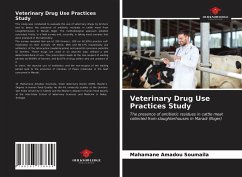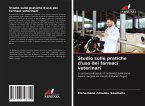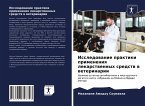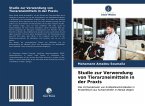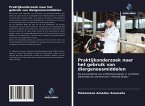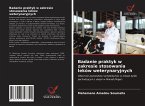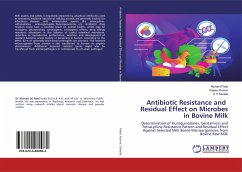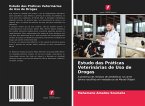This study was conducted to evaluate the use of veterinary drugs by farmers and to detect the presence of antibiotic residues in cattle meat from slaughterhouses in Maradi, Niger. The methodological approach adopted consisted, firstly, in a field survey and, secondly, in taking meat samples that were analysed in the laboratory.The survey revealed that out of 320 farmers, 200 (or 62.50%) practice self-medication on their animals. Of these, 96% and 80.77% respectively use antibiotics of the tetracycline (oxytetracycline) and penicillin (procaine penicillin G) families. These drugs are used in an anarchic way, without a well determined dose of use. This prescription leads to the non-respect of waiting periods by 99.69% of farmers and 82.07% of drug sellers who are unaware of it. In short, the abusive use of antibiotics and the non-respect of the waiting period lead to the presence of residues of these molecules in the beef consumed in Maradi.

